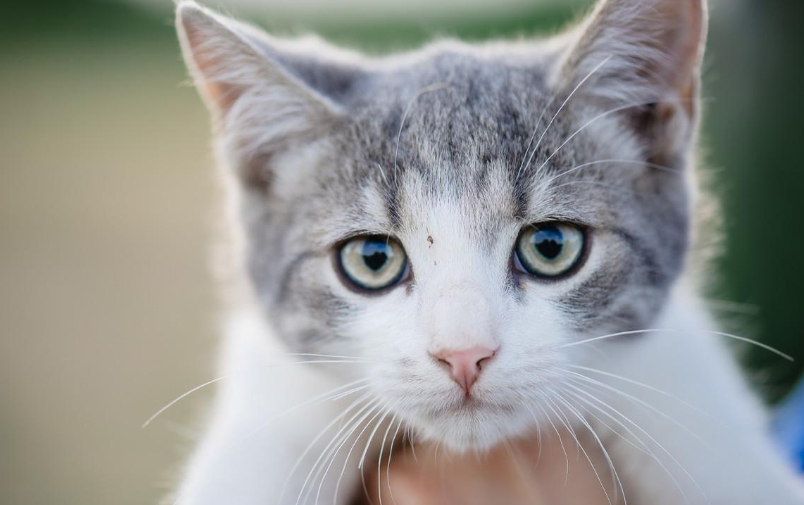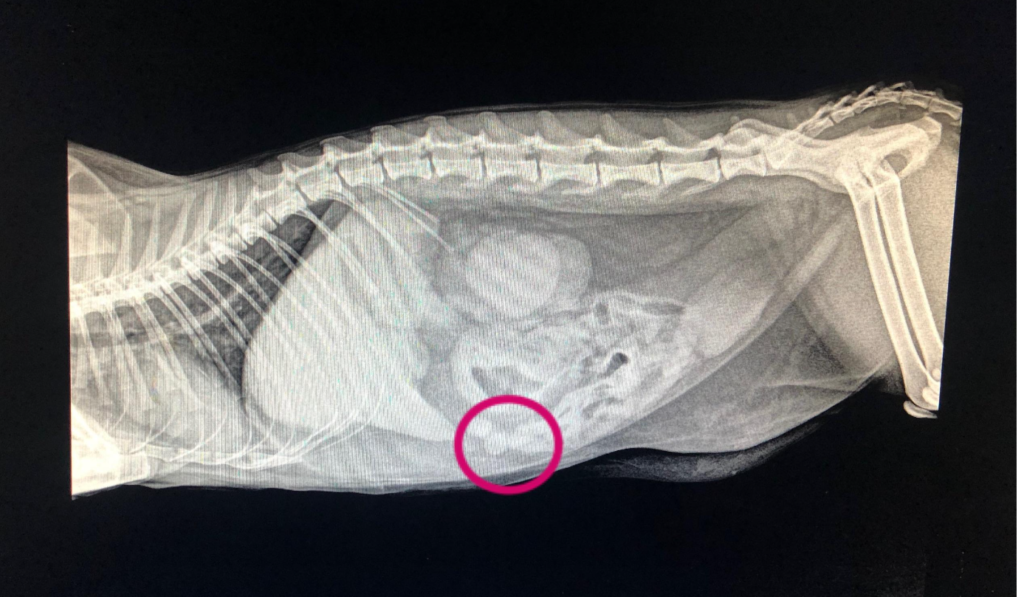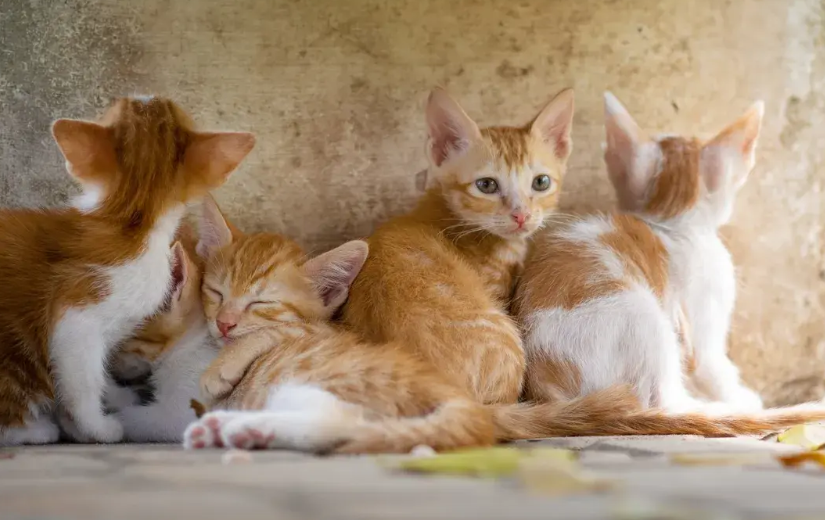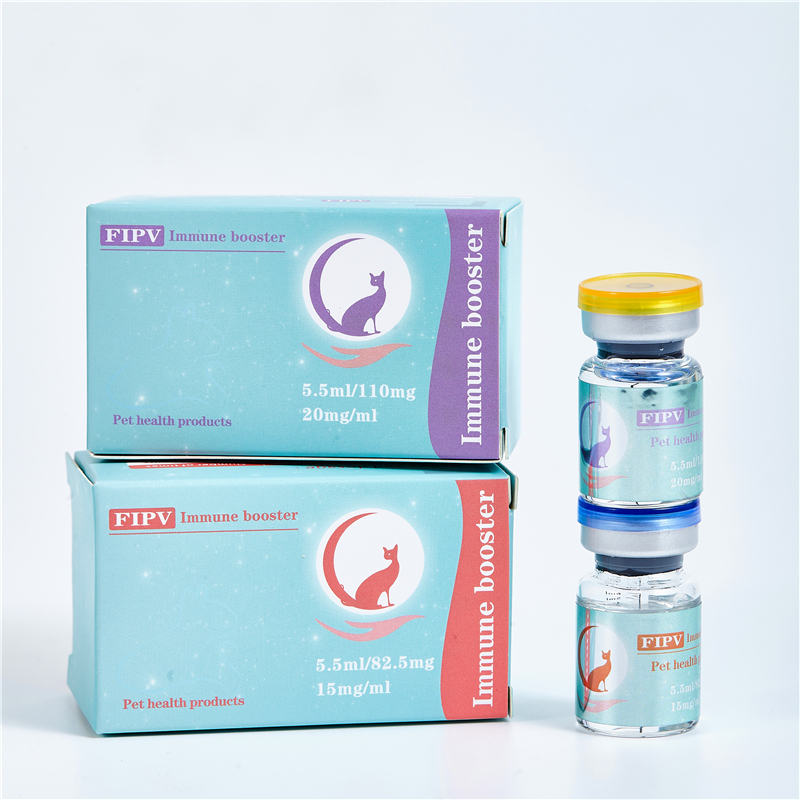Symptoms of feline infectious peritonitis (FIP) can vary depending on the affected cat and the duration of the disease. There are two main forms of this disease: chronic and acute. If your cat has the following symptoms, please pay attention!
Chronic disease:
Chronic fever: Cats with the chronic form of feline infectious peritonitis may experience prolonged fever, which may be one of the most common symptoms.
Decreased appetite: Cats may show a decreased interest in food, leading to weight loss.
Chronic Diarrhea: Diarrhea is another possible symptom, and your cat’s stool may become loose.
Respiratory problems: Chronic forms of FIP may also cause respiratory problems, such as shortness of breath or shortness of breath.
Conjunctivitis and eye lesions: Eye symptoms may include conjunctivitis, blurry eyes, or signs of bulging.

Acute illness:
Acute fever: Cats with acute FIP may suddenly develop a high fever.
Ascites: The most typical symptom of acute FIP is the accumulation of fluid in the abdominal cavity, causing the abdomen to bloat. This is because a virus causes peritonitis symptoms.
Loss of appetite: Loss of appetite and weight loss are one of the common manifestations.
Jaundice: Due to damage to liver function, cats with acute FIP may have symptoms of jaundice, namely yellow mouth, eyeballs, etc.
Neurological symptoms: Some cats may exhibit neurological problems such as convulsions, disorders, etc.

The transmission routes of feline infectious peritonitis (FIP) can also be divided into the following three categories:
Direct contact: Peritonitis coronavirus mainly infects cats through mucosal surfaces such as the mouth, eyes or respiratory tract, so direct contact is the main route of transmission. This may occur in situations such as close contact between cats, sharing water fountains, sharing cat equipment, etc.
Airborne: The virus can also be spread through the air, especially in closed environments such as multi-cat households, shelters, etc. Droplets and airborne particles are one of the ways the virus spreads.
Fecal-oral transmission: The virus can be shed into the environment through the feces of an infected cat, and other cats may become infected when grooming or eating contaminated food or water. Therefore, cat excrement may be an important vector of transmission.

Special attention needs to be paid to these susceptible groups:
Younger Cats: Kittens are more susceptible to infections because their immune systems are not fully developed.
Cats with weakened immune systems: Older cats, cats with other medical conditions, or cats with weakened immune systems are more susceptible to feline infectious peritonitis.
Multi-cat households or shelters: In these environments, the risk of virus transmission is higher due to close contact and shared resources.
Measures can be taken to prevent feline infectious peritonitis in advance
Vaccination: Regular vaccination against peritonitis coronavirus vaccine is one of the effective means of prevention. Owners should consult with their veterinarian to develop a vaccination schedule appropriate for their cat.
Regular check-ups: Have cats undergo regular health check-ups to detect signs of illness in a timely manner.
Isolate newly introduced cats: Newly introduced cats may be a source of infection, so they need to be quarantined when introducing new cats, and gradually integrated into the existing cat population under the guidance of a veterinarian.
If a cat has any symptoms suspected of feline infectious peritonitis, it should seek medical treatment in time and follow the veterinarian’s recommendations. FIP cat medicine-gs 441524 can also be used under the guidance of a veterinarian to help cats already infected with FIP relieve symptoms and improve the success rate of treatment.
